It took Tran Thi Phuong nine months to find a job in a remote area, even though she has a master's degree from a prestigious university and has worked at one of the world's top four auditing firms.
The 27-year-old can’t remember how many resumes she’s sent out since she received her master’s degree in Information Systems from the University of Melbourne in June 2023. She also had two years of experience working at EY Vietnam Auditing Company before that. But neither of these seemed to offer much of an advantage when looking for a job.
After sending out so many job applications, all Phuong received were rejections, or even silence.
"I have never felt so confused and worried," Phuong told VnExpress International . "Sometimes I wonder if I can find a job here."
After nine months of hard work, Phuong landed a job as a strategic analyst for a land consulting firm in Perth, a small city nearly 3,500 km from Melbourne.
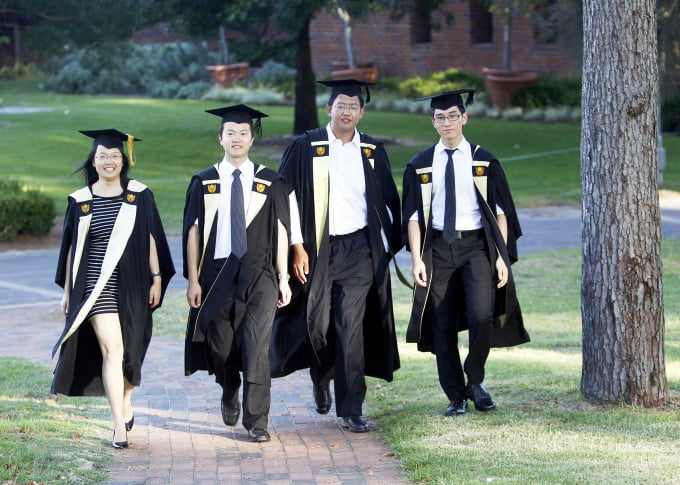
International students in graduation gowns at Curtin University, Western Australia. Photo: AFP
Phuong's story reflects some of the challenges faced by recent international graduates on temporary visas in Australia.
A survey by the Quality Indicators for Learning and Teaching (QILT), funded by the Australian government, in 2022 found that 28.5% of international students here were unable to find a job within six months of graduating. For masters and doctoral graduates, the figure was 14.4%.
Moin Rahman, 28, from Bangladesh, is one of them. Despite applying for more than 80 positions, Rahman has been unable to find a full-time job in civil engineering, the field he studied at the University of Queensland.
"I was under a lot of psychological pressure," Moin told the Australian Broadcasting Corporation (ABC).
His temporary international student visa after graduation has not helped him get anything more than temporary or menial jobs.
“If by some miracle I passed the interview, I would be asked about my visa,” he said.
"Then when I say I'm an international student with full-time work rights, I get a shrug. And all the qualities I demonstrated before, the things that made the employer interested, are overshadowed."
Even after finding a job, the challenges for these new international graduates are not over. They have to accept lower salaries than their native colleagues.
According to the Grattan Institute's report "Precarious status of overseas graduates: International student visa pathways after graduation" released in October 2023, "only half (of recent international graduates on temporary visas in Australia) find full-time work. Most of these take jobs that require low skills. Half of these earn less than AUD 53,300 (VND 869 million) a year".
Nearly 75% of temporary graduate visa holders earned less than the median Australian wage in 2021, comparable to "backpackers" (people who travel and work at the same time).
Specifically, international students graduating with a master's degree in business administration earn about AUD 58,000 less per year than local workers with the same qualifications.
Those with a master’s degree in computing and engineering earn about $40,000 less. International students with a bachelor’s degree in engineering or computing earn about $12,000 less than domestic students. For business graduates, the difference is about $10,000 per year.
Phuong said her friends from India, Thailand and the Philippines all said it was difficult for them to find jobs with salaries comparable to those of local people.
In addition to being underpaid, new international graduates often end up doing work that does not require their qualifications or is not relevant to their field of study.
The Australian Financial Review (AFR) cited a study conducted by Deakin University and the University of Adelaide with the subjects surveyed being international graduates from 35 universities in Australia, saying that only 36% of the 1,156 survey participants found full-time jobs in their major; 40% worked simple jobs in areas such as retail, hotel services, cleaning, or driving.
Ruva Muranda, who graduated with a degree in Biomedical Sciences in 2018, said she had to work in a warehouse until early 2020.
"I was really desperate," Ruva told the Guardian. "Not finding a job in my field made me feel like I was incompetent."
Ruva became even more depressed when she compared herself to her friends who had found jobs, gotten promotions, bought cars, bought houses, and achieved their career goals.
“It feels like you're left at the starting line,” Ruva said.
Swastika Samanta, who has a master's degree in Environmental Management, said she had to work part-time jobs in Australia.
"Beggars cannot ask for anything," said Swastika. "You have to accept the best that is possible."
Uncertain residency status is one reason employers are reluctant to hire international students. According to the report “International Students in Australia and the Transition to Work” by researchers at Deakin University and the University of Technology Sydney (UTS), most employers said they preferred to hire permanent residents.
"They (employers) assume that new international graduates on temporary visas are unlikely to be permanent residents.... In my interview, they explained that hiring international students means having to find replacement workers after just a few years," Dr Thanh Pham, a researcher at Monash University, told the ABC.
After many experiences, Phuong realized this was the main obstacle for her in her job search journey.
As someone who loves and has worked in the oil and gas sector, Phuong wants to find a job in this industry. "However, employers tend to prioritize local candidates. They think that people in this industry will be exposed to a lot of documents about minerals and gas, which are considered sensitive information in Australia," Phuong said.
Dr. Pham also said she sees some employers taking cultural fit into consideration.
According to a report by Deakin University and UTS, employers believe international students need training to adapt to the Australian working environment, and this is costly.
Therefore, unless there is a serious shortage of human resources, they tend to prioritize hiring local people to avoid the lengthy and costly funding process.
Difficult future
The Australian Department of Education announced on February 28 that the time international students can stay after graduation in many fields and professions will be only 2-4 years, instead of 4-6 years as before, starting from the middle of this year.
The agency said the decision was being considered in the context of the changing economic environment, as well as a new immigration strategy.
In addition, the age requirement for this visa will be reduced from the current 50 to 35. There are currently about 350,000 international students holding temporary visas in Australia.
With many employers reluctant to hire international graduates due to uncertain residency status, the new rule could make their job prospects even more difficult.
However, in the view of many, shortening visa durations has a positive side, helping to ensure more sustainable development for students and for Australia itself.
“This makes it fairer for students, and better for Australia as a whole,” Australian National University policy analyst Andrew Norton told Times Higher Education .
“If you are young and have a good start in your career, your future will be very promising,” he said.
Despite many difficulties, Phuong supports this positive view.
"I still feel luckier than many other international students in their job search," Phuong shared. "Although I can't predict the future, if I encounter any obstacles, I will do whatever it takes to overcome them."
Linh Le
Source link





![[Photo] Prime Minister Pham Minh Chinh chairs meeting to discuss tax solutions for Vietnam's import and export goods](https://vstatic.vietnam.vn/vietnam/resource/IMAGE/2025/4/10/19b9ed81ca2940b79fb8a0b9ccef539a)
![[Photo] Phuc Tho mulberry season – Sweet fruit from green agriculture](https://vstatic.vietnam.vn/vietnam/resource/IMAGE/2025/4/10/1710a51d63c84a5a92de1b9b4caaf3e5)
![[Photo] Summary of parade practice in preparation for the April 30th celebration](https://vstatic.vietnam.vn/vietnam/resource/IMAGE/2025/4/11/78cfee0f2cc045b387ff1a4362b5950f)
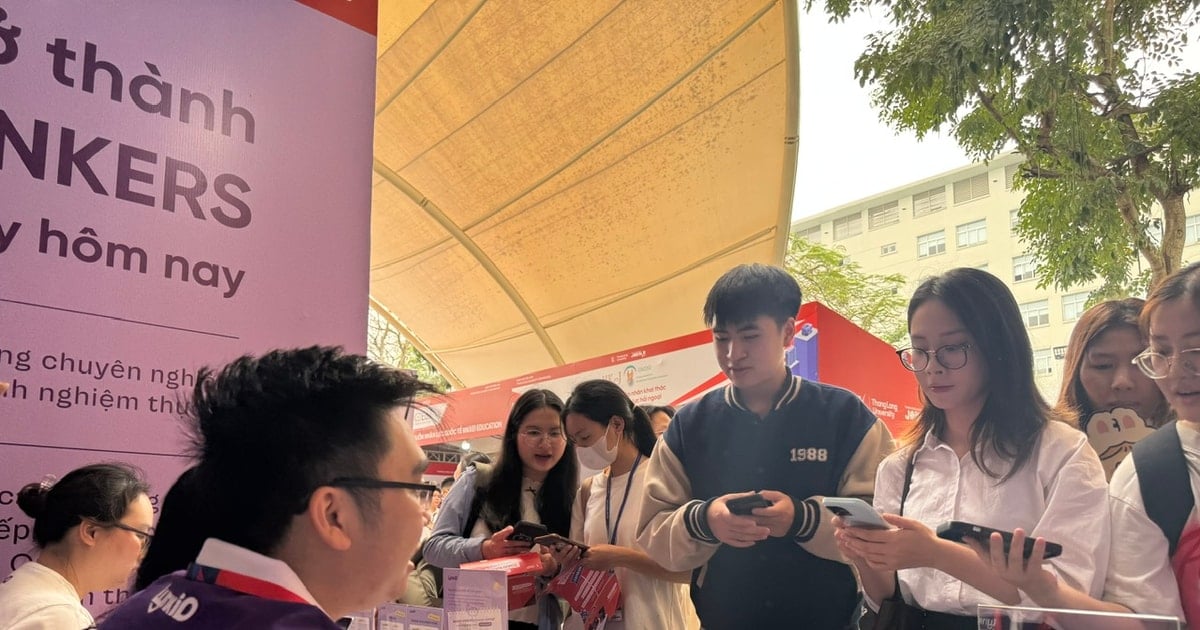

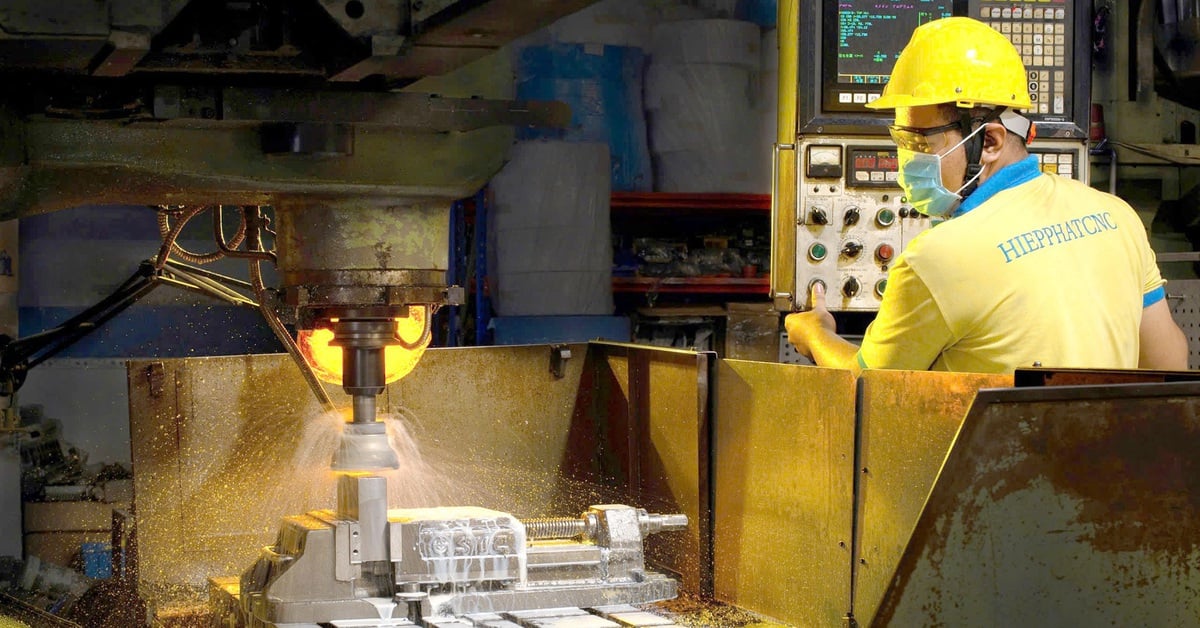

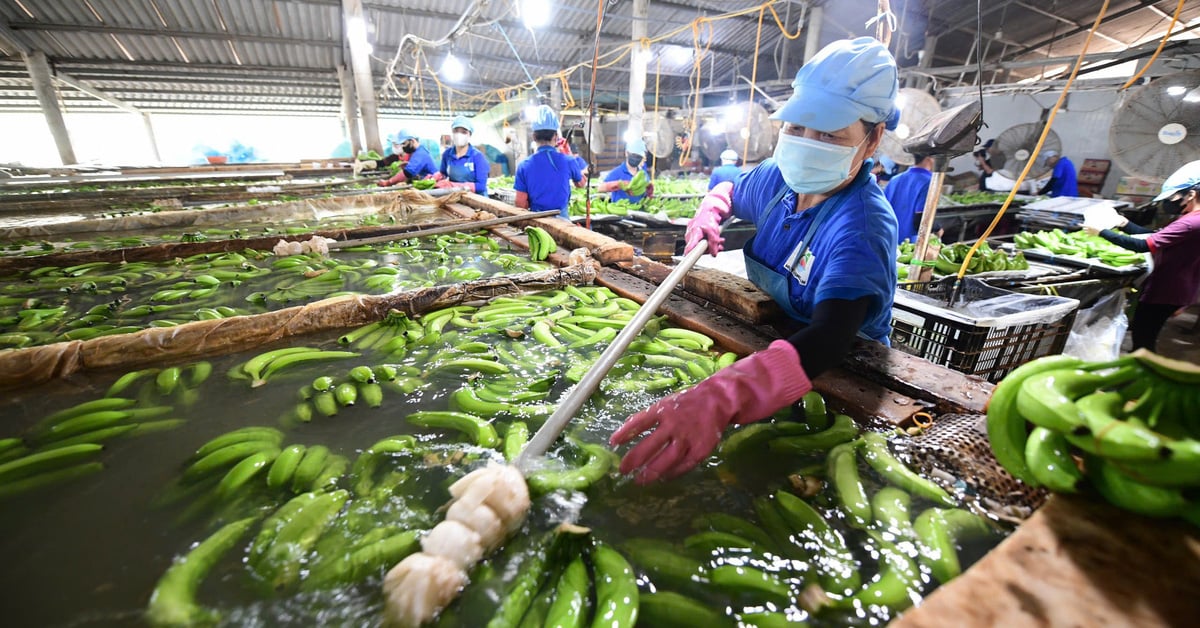





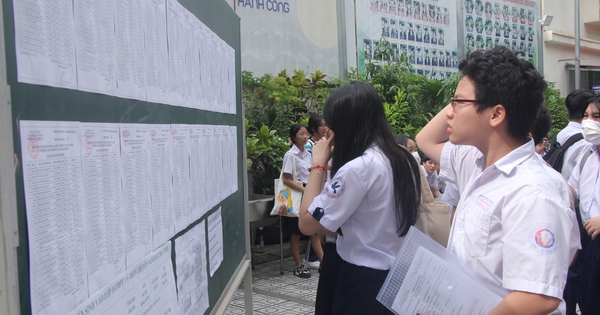
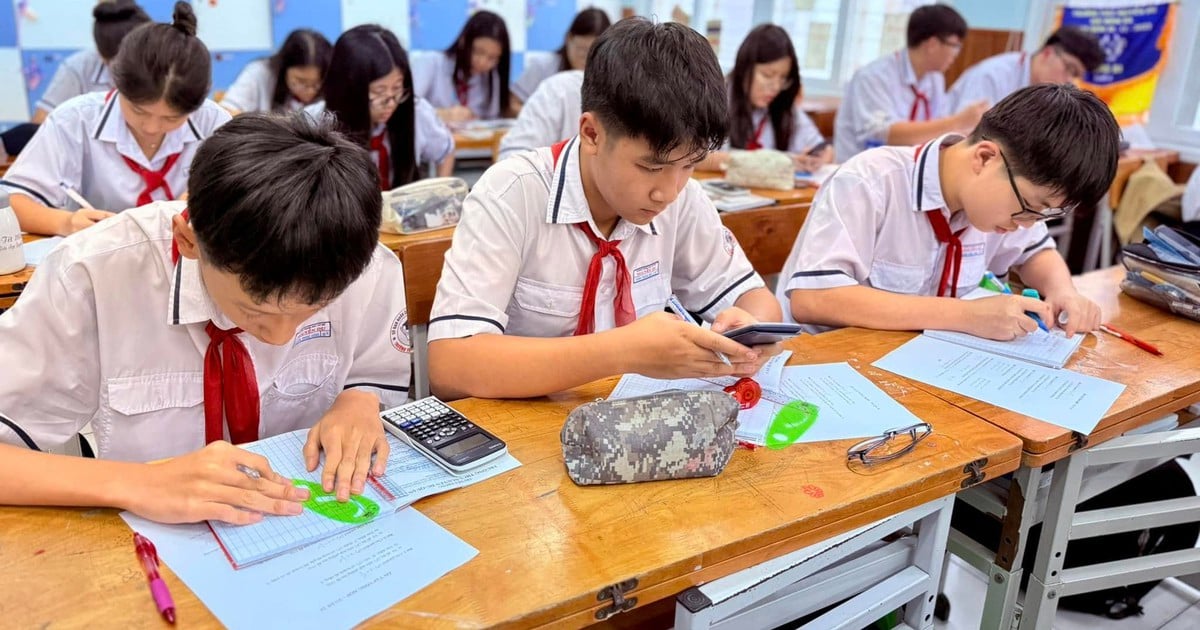
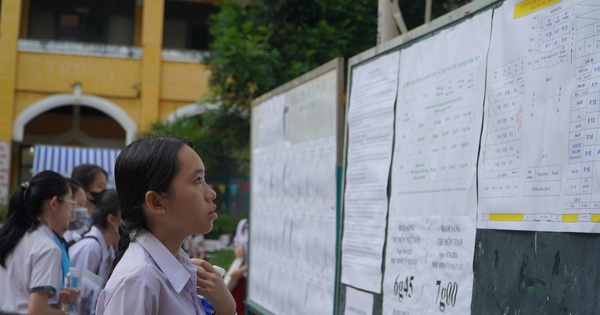
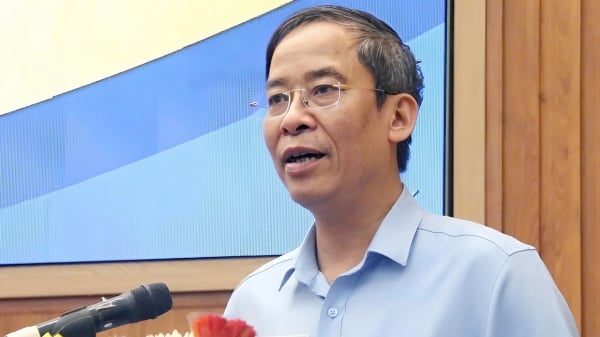
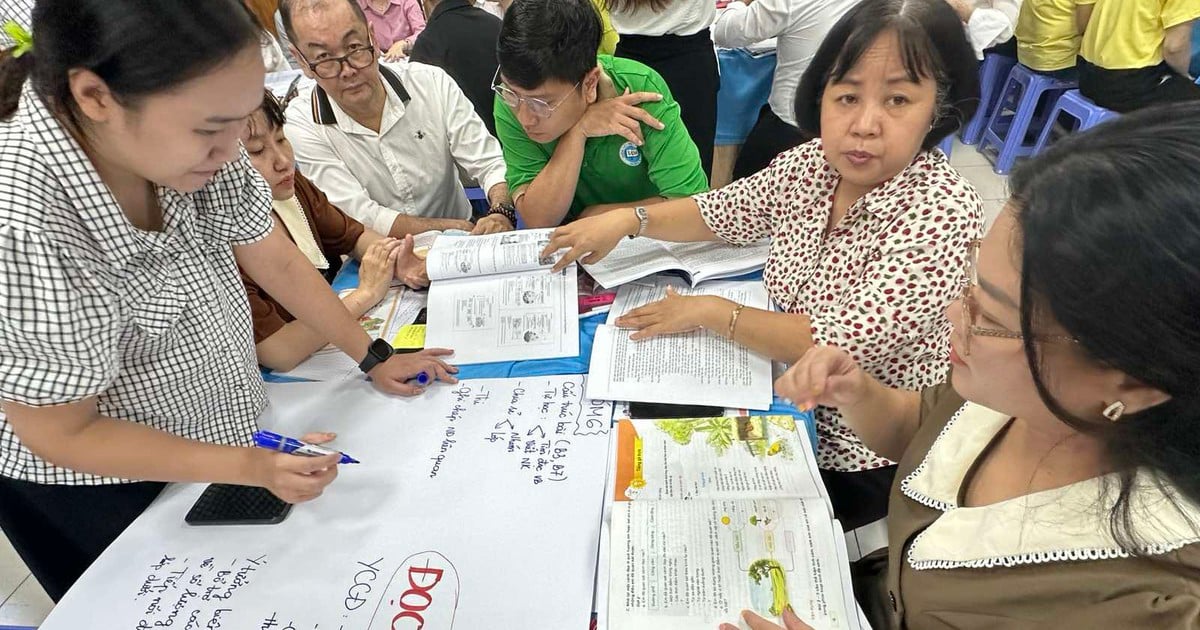
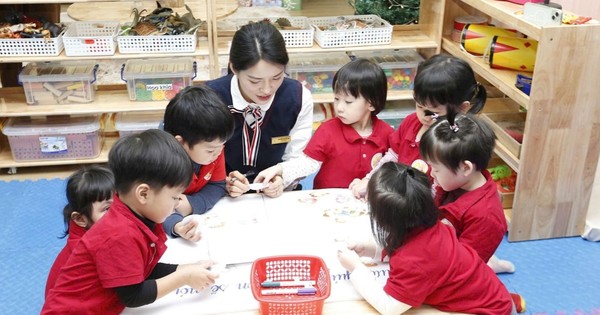














































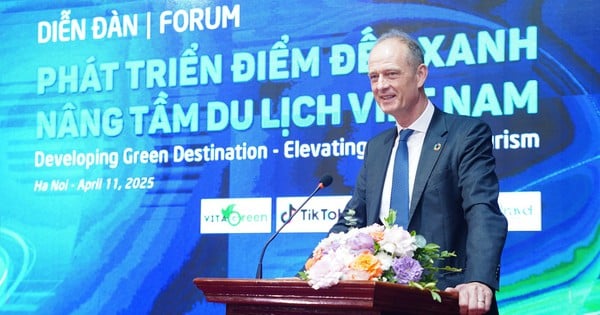






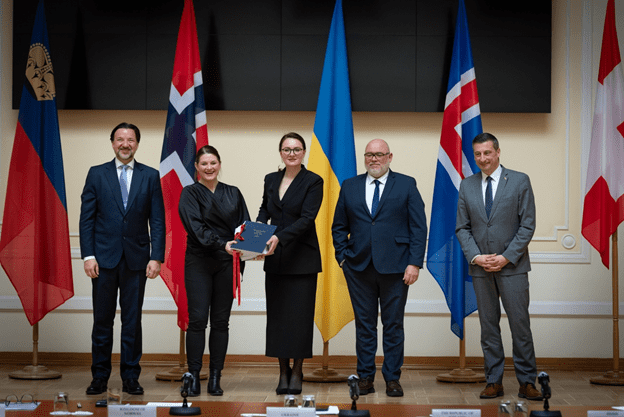
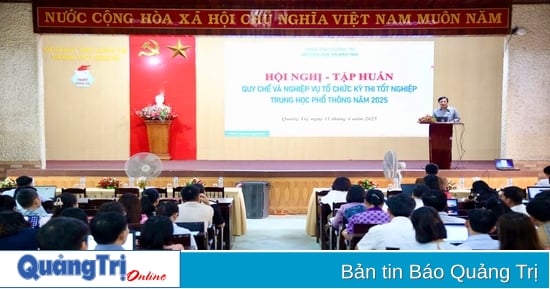
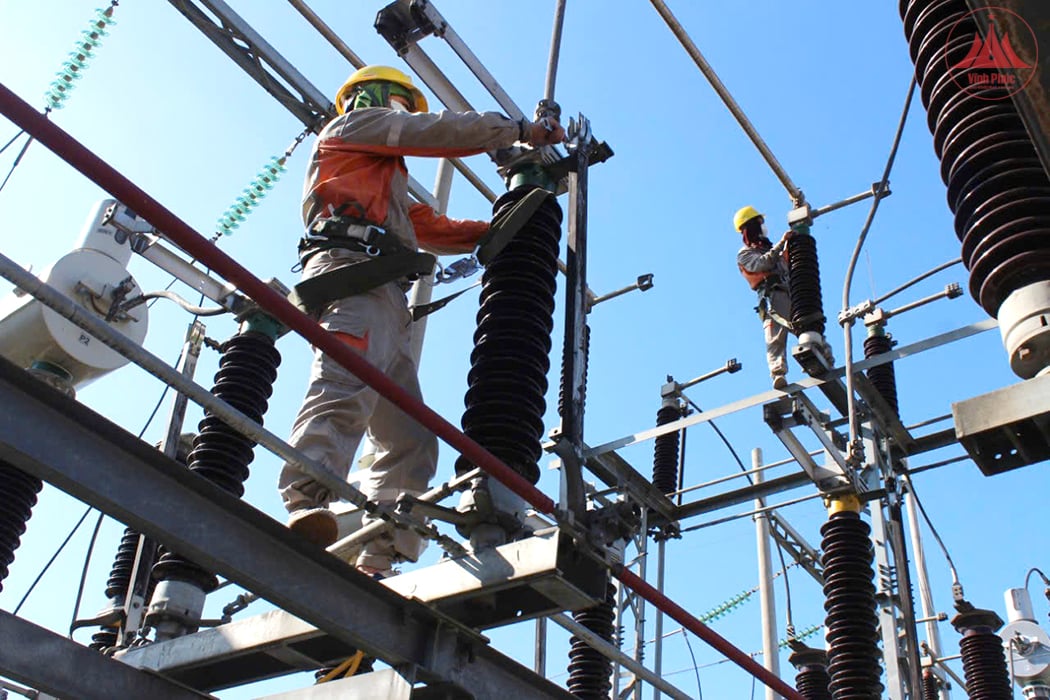

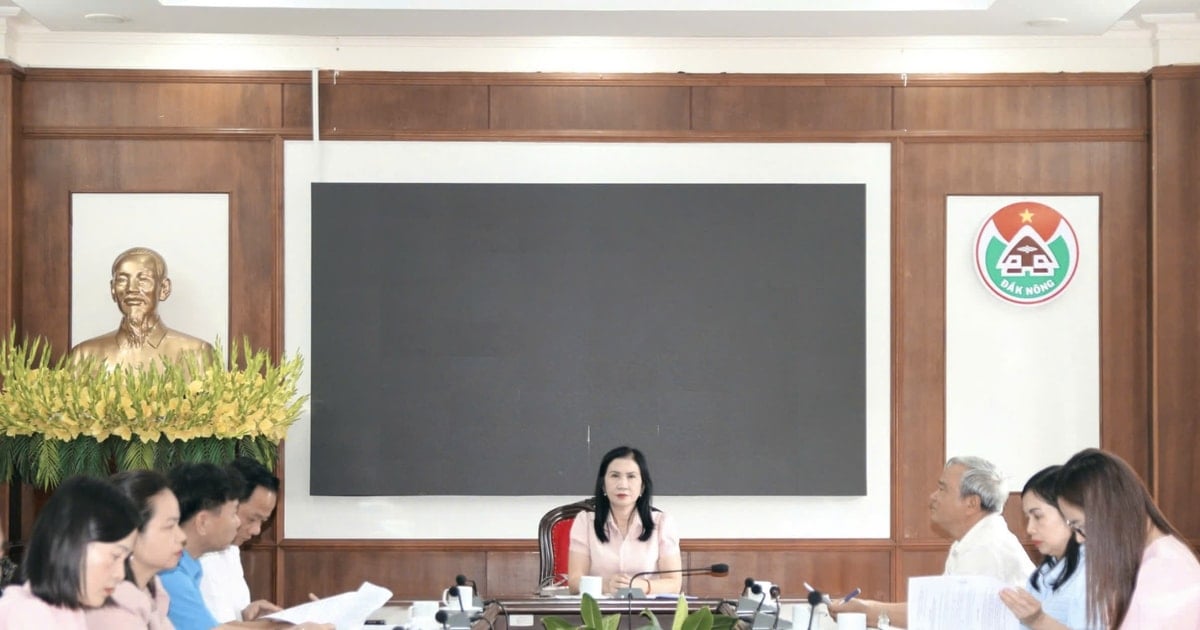

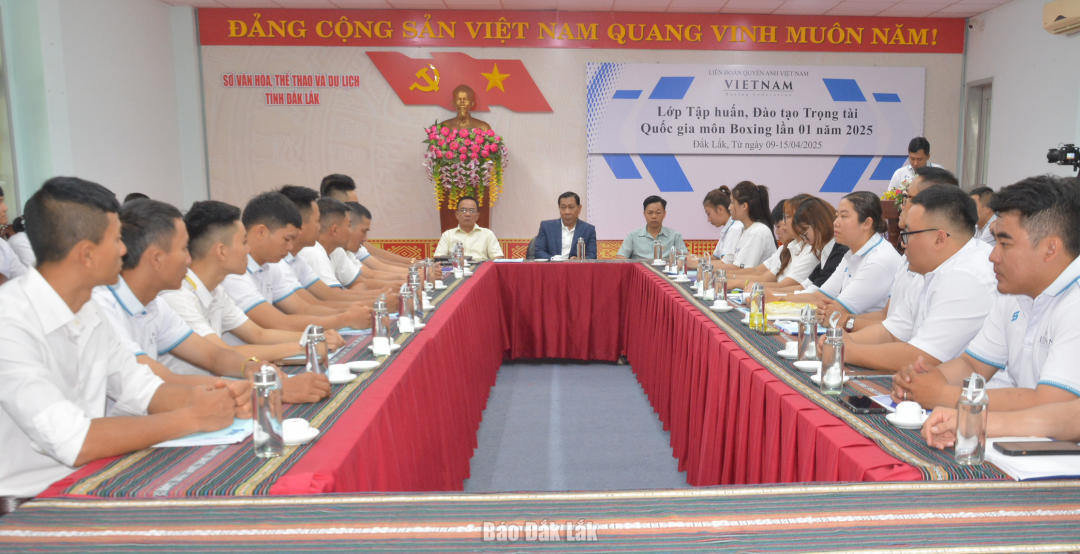

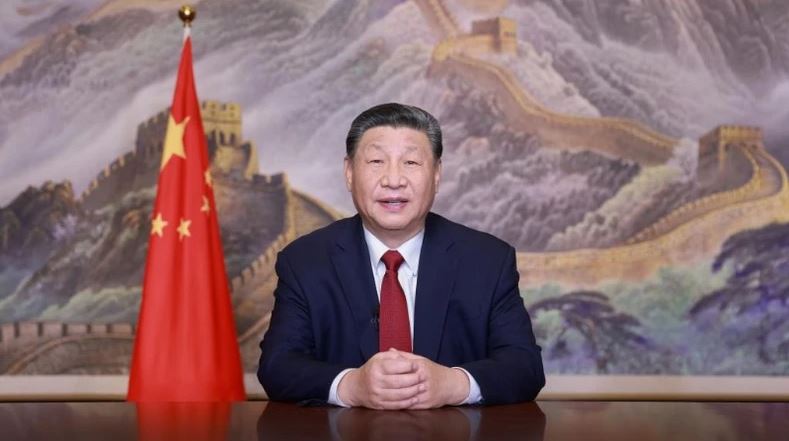

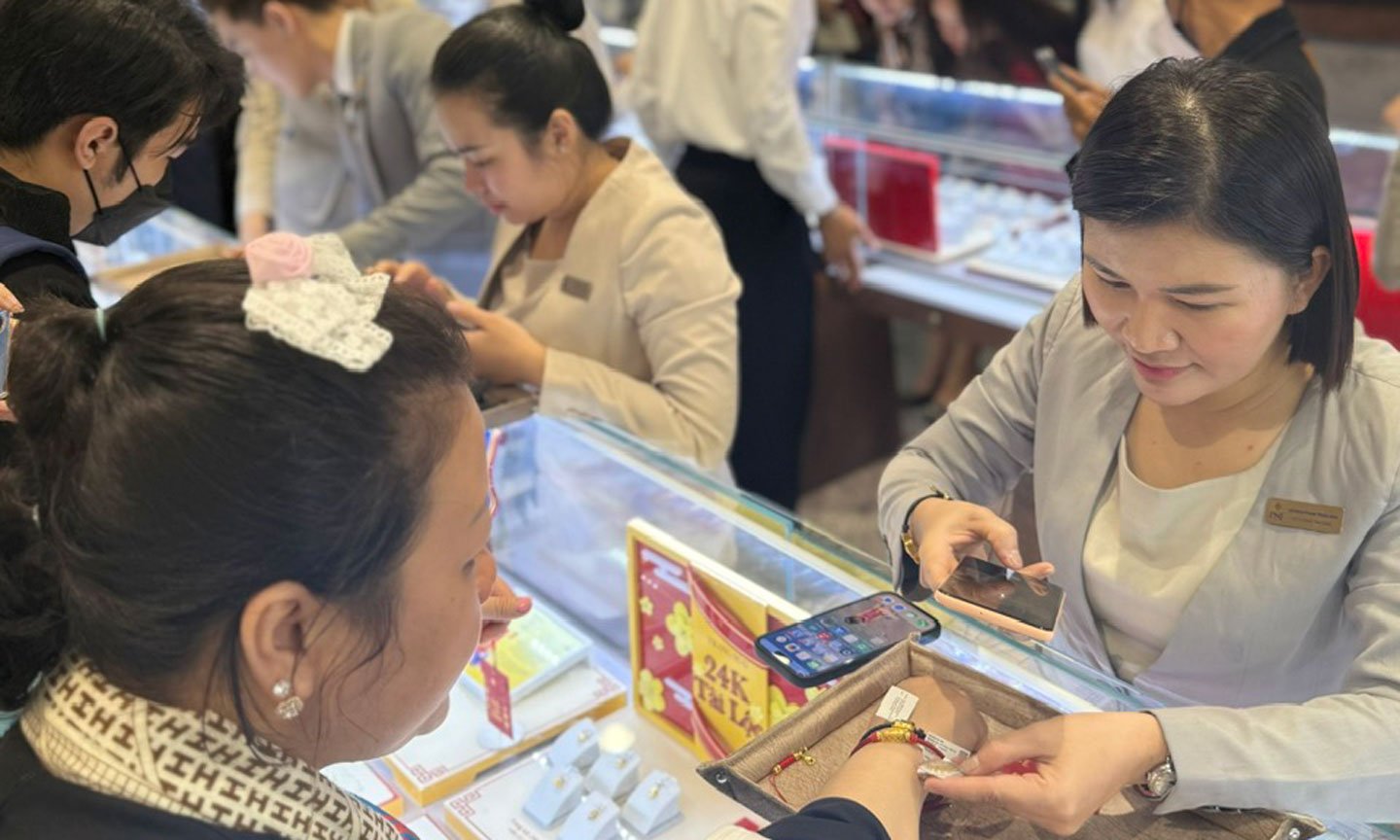









Comment (0)